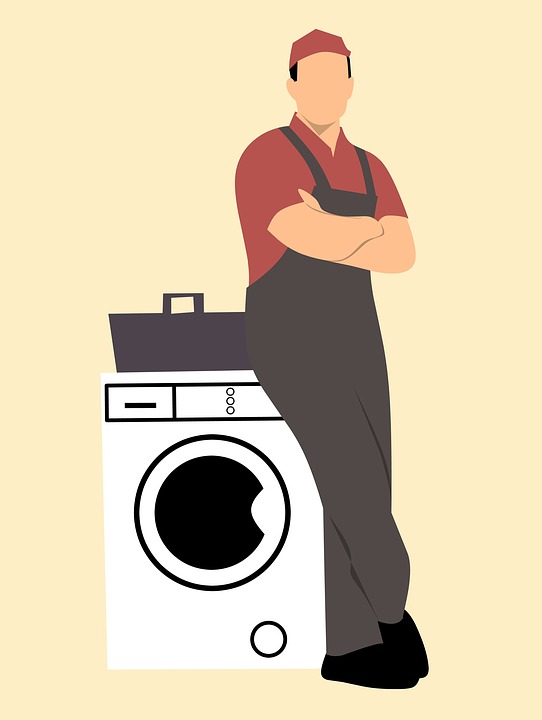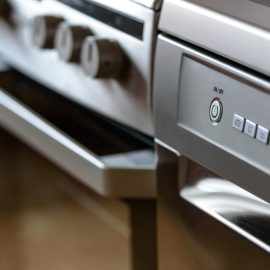
In today’s fast-paced world, our appliances play a crucial role in keeping our homes running smoothly. From keeping our clothes clean to ensuring our food is fresh, these machines are the unsung heroes of our daily lives. However, when they break down, it can feel like our whole routine is thrown off balance. Fear not, for with the right knowledge and a bit of elbow grease, many appliance issues can be tackled without calling in the pros. Whether it’s a misbehaving washer-dryer, a dishwasher that’s lost its sparkle, or a refrigerator that’s not as cool as it used to be, here are some indispensable tips to get them back in tip-top shape.
Washer-Dryer Woes? No Problem!
When your washer or dryer starts acting up, check the basics first. Ensure that your machines are properly plugged in and that the circuit breaker hasn’t tripped. For washers, a common issue is a clogged drain hose or filter—clean these regularly to prevent blockages. If your dryer isn’t drying, cleaning the lint filter and checking for vent blockages can make a huge difference. Remember, maintenance is key to preventing these issues in the first place.
Dishwasher Disasters Solved
A dishwasher that doesn’t clean is hardly a dishwasher at all. If you’re facing this issue, start by cleaning the spray arms and filter, as food debris can clog these parts. Also, ensure you’re using the right detergent and that the rinse aid dispenser isn’t empty. For persistent problems, check the water inlet valve for blockages or malfunctions—it’s a common culprit behind poor cleaning performance.
Refrigerator Repair Made Easy
The refrigerator is the cornerstone of the kitchen, and when it’s not cooling properly, it’s a problem that can’t wait. First, check the thermostat to ensure it’s set correctly. If the fridge is warm but the freezer is cold, the evaporator fan could be to blame. For frost buildup issues, a faulty defrost thermostat or timer might be the cause. Cleaning the condenser coils can also improve performance and should be done every six months.
The Basics of Appliance Repair

When it comes to appliance repair, understanding the basics can save you time and money. Always start with the simplest solutions, such as checking power sources and settings. For more complex issues, consult the appliance’s manual for troubleshooting tips. Remember, safety first: unplug the appliance before attempting any repairs and don’t hesitate to call a professional if you’re unsure about a particular repair.
Keeping Your Appliances in Fighting Form
Preventative maintenance is the best way to avoid appliance repairs. This means regularly cleaning filters, checking hoses and connections for wear and tear, and using your appliances according to the manufacturer’s instructions. By staying on top of maintenance, you can extend the life of your appliances and minimize the likelihood of inconvenient breakdowns.
A Final Note on Navigating Appliance Repairs
Appliance breakdowns can be frustrating, but they don’t always spell disaster. With a bit of knowledge and preventative maintenance, many issues can be resolved without the need for professional intervention. Recognizing when a problem is beyond your skill level is just as important as attempting to fix it yourself. In such cases, don’t hesitate to call in a certified appliance repair technician. Remember, the key to successful appliance repair lies not only in fixing the immediate issue but in understanding and preventing future ones. Empower yourself with knowledge, and let’s keep our homes running smoothly, one appliance at a time.
By following these tips, you can ensure that your appliances serve you well for years to come.
Hope you’ve found this post helpful and enjoyable. Feel free to share your thoughts in the comments below.

